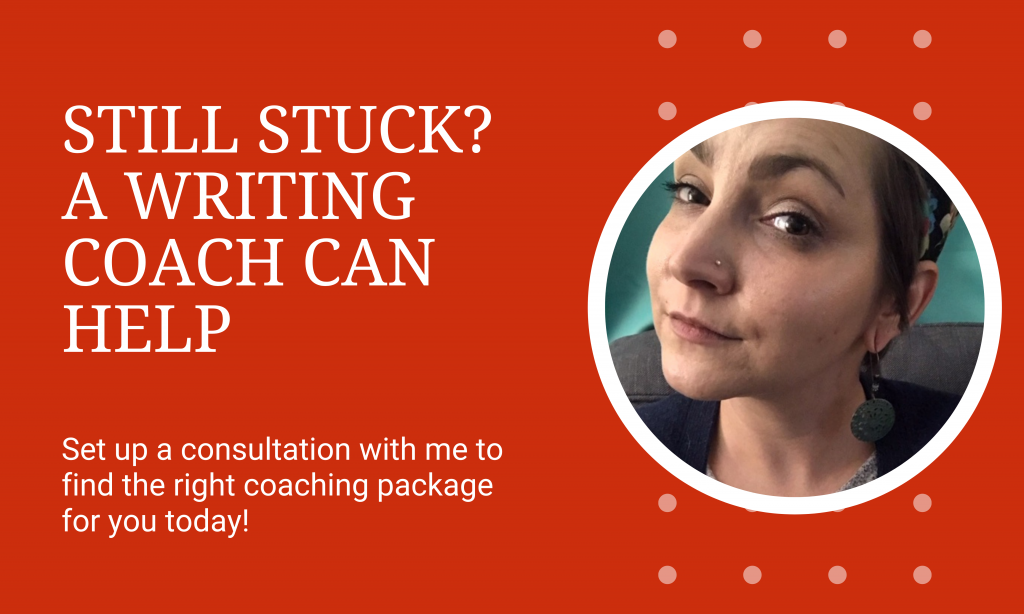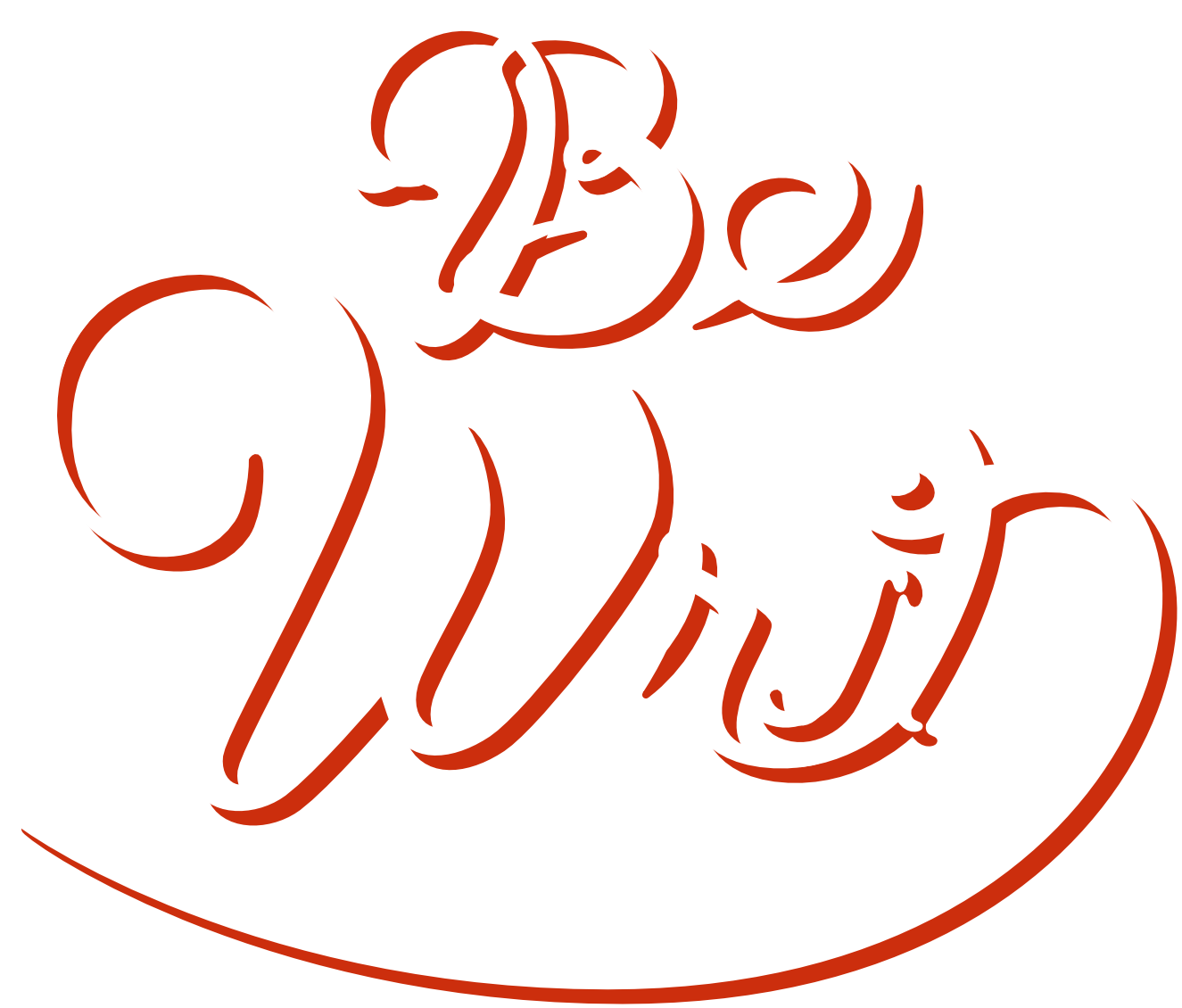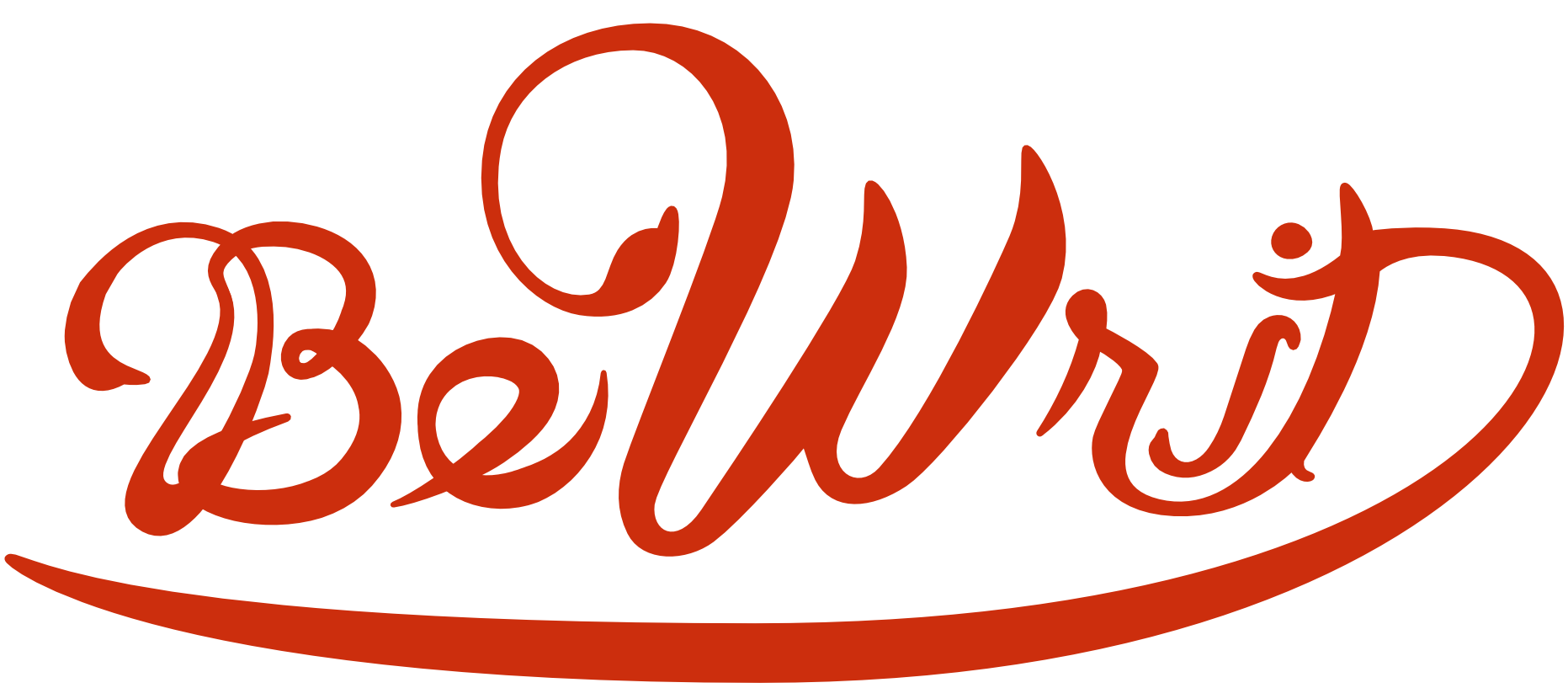
The Reluctant Writer: How to Kick Word Fatigue to the Curb
This article is a guest post by Janis Butler Holm.
You used to enjoy writing, but now it's become just another job, something you do to increase your income. How can you recover the pleasure you used to feel?
One of the most frustrating experiences a writer can have is that of not wanting to write. This stubborn resistance can express itself in any number of ways: a vague feeling of reluctance, a joyless sense of duty, a tendency to procrastinate or to avoid writing tasks, a full-blown writer's block.
But whatever the symptoms, the effect of mental mutiny is always the same.
When the inner writer refuses to engage, creative processes falter or grind to a painful halt.
Keep reading to learn how to put a stop to writing reluctance once and for all.
The Most Common Piece of Writing Advice: Write Every Day
Most writers go through cycles of having much to say and then little to say, of racing (or at least chugging) along and then idling afterward.
Contemporary writers' books are quick to counsel patience with the uneven rhythms of the writing life. They remind us that much of what we do is an unconscious transaction, not to be forced or controlled, and that learning to accept our irregular progress is a large part of accepting ourselves as creative human beings.
At the same time, they tell us to sit down and write something every single day, to keep at it no matter what, to cough up whatever we can until the idling time is over.
So Are the Writing Pros Right?
Of course, they are absolutely right.
Writing when you don't want to write can get you past the not-wanting-to. At least, it can most of the time.
But when it doesn't — when you continue to dread picking up your pen or turning on the computer, when the work is spiritless no matter how long you sit there, when you feel yourself sinking more and more deeply into I-hate-writinghood, when you've felt this way for days and days and days —it may be time to stop trying to write and to start thinking about things.
How? Ask Yourself These Questions
If you've been writing for extra income and no longer enjoy what you're doing, consider a serious game of Twenty Questions.
Ask yourself the following:
- Am I writing about subjects that really interest me?
- Is it time to try a new format? A new genre? A new market?
- Am I failing to challenge myself?
- Is my writing environment conducive to creativity?
- Do I need to change my writing site?
- Do I need to change my writing tools?
- Do I need to change my writing time?
- Am I trying to write when I'm tired or distracted?
- Am I reading enough?
- Am I reading too much?
- Do I need more contact with other writers?
- Am I overloaded? Burned out?
- Are other problems in my life zapping my creativity?
- Am I depressed? Do I need counseling?
- Have I let perfectionism ruin my fun?
- Am I writing too much for others and not enough for myself?
- Have I forgotten how to value my creative efforts?
- Do I need a break from writing?
- Could I make extra money by doing something else for a while?
- Should I try writing for its own sake and forget about the money?
While thinking about the answers, remember that resistance is always a resistance to something.
If you can identify that something, whatever it is that continues to block your pleasure, the chances of removing, changing, or working around it are much greater.
But before spending countless hours contemplating your environment and psyche, consider whether your fascination with words has led to overexposure.
When writers take time off from writing, they usually find themselves reading, speaking, or listening to words — that is, immersing themselves in language.
To recover the pleasure of writing, it may be necessary to indulge in some wordless recreation, preferably alone. Sit on a park bench, take a long walk, listen to music, knit a sweater.
If you can manage a true linguistic holiday, the drive to use language will likely reassert itself; the urge to write will likely return.
What Do You Have to Lose?
Why not explore this possibility?
When writing becomes a chore, go where words can't find you.
Avoid all of the agents of discourse (magazines, television, movies, friends, the telephone, e-mail, the Internet) and opt for a wordless solitude.
Take a mental furlough while the unconscious does its job.
Chances are good that word deprivation will leave you longing for language, that your work will regain its appeal. Like other professions, writing requires regular vacation time, and leaving words behind may be the best way to ensure a happy return.
Guest Blogger Bio
Janis Butler Holm has served as Associate Editor for Wide Angle, the film journal, and currently works as a writer and editor in sunny Los Angeles. Her prose, poems, and performance pieces have appeared in small-press, national, and international magazines. Her plays have been produced in the U.S., Canada, and the U.K. You can follow her on Facebook, explore her plays on ALAP, or check out her website for more information.
If you need more help with overcoming writer's block or writing resistance, check out these ideas on what to do when you feel less creative to get you back on track.
My favorite tip is to head into nature. Nature is excellent for maintaining or unlocking creativity. I go for weekly hikes where the digital work can't reach me and daily walks through the park with my dog to recharge my wordsmith powers.
You'll find something that works for you. And if you have trouble, I'm here to help!








